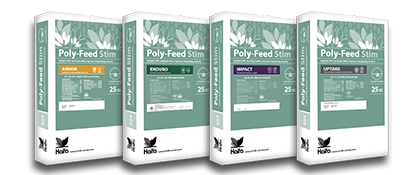2021 will be remembered, among other things, because of the extreme weather events that caused a great deal of damage to property and lives.
According to the recent report from the Christian Aid charity, the 10 most devastating climate events in 2021 were: Hurricane Ida (US, $65 billion), European floods ($43 billion), Texas Winter Storm ($23 billion), Henan floods (China, $17.6 billion), French cold wave ($5.6 billion), British Columbia floods (Canada, $7.5 billion), Cyclone Yaas (India, Bangladesh $3 billion), Australian floods ($2.1 billion), Typhoon In-fa (China, Philippines, Japan, $2 billion), Cyclone Tauktae (India, Sri Lanka, Maldives, $1.5 billion),



Some weather events have severely affected the agricultural market in 2021 by harming crops in important growing areas. In France, more than 80% in the Rhône region and 50% in Burgundy of the wine harvest may have destroyed in warm winter and cold Spring wave.
Spain experienced its heaviest snowfall since 1971. This impacted the ongoing harvesting of vegetables resulting in a tight supply in the market followed by inflated prices in January 2021. in Murcia region, that supplies 80% of Europe’s fresh produce during the winter months, the prices of some products have increased by 100 - 150% within a couple of days during January 2021.
In July 2021, the worst polar cold wave swept off Brazil, reaching up to Central Brazil in Goias state. Due to the unfavorable weather conditions that hit the main agriculture producing regions in Brazil, the production volume of major crops: coffee, citrus, and sugar cane yield is expected to decrease at the end of the season.
There is debate among experts if these weather phenomena are part of the climate change phenomenon or not, but most experts agree that the chances are high that they will continue in the years to come. As producers, we cannot do anything about huge events such as hurricanes, but the plant can be reinforced to overcome abiotic stress of short climate events like heat or cold waves or floods. One way to make the plant stronger is to apply biostimulants. During and after abiotic stress, biostimulants help the plant to recover its metabolism, and reactivate biochemical processes and enzyme synthesize necessary for growth. For this reason Haifa has developed the line of biostimulants of Haifa-Stim and Poly-Feed Stim which is a line of ready soluble NPK fertilizers + biostimulants for fertigation application.





